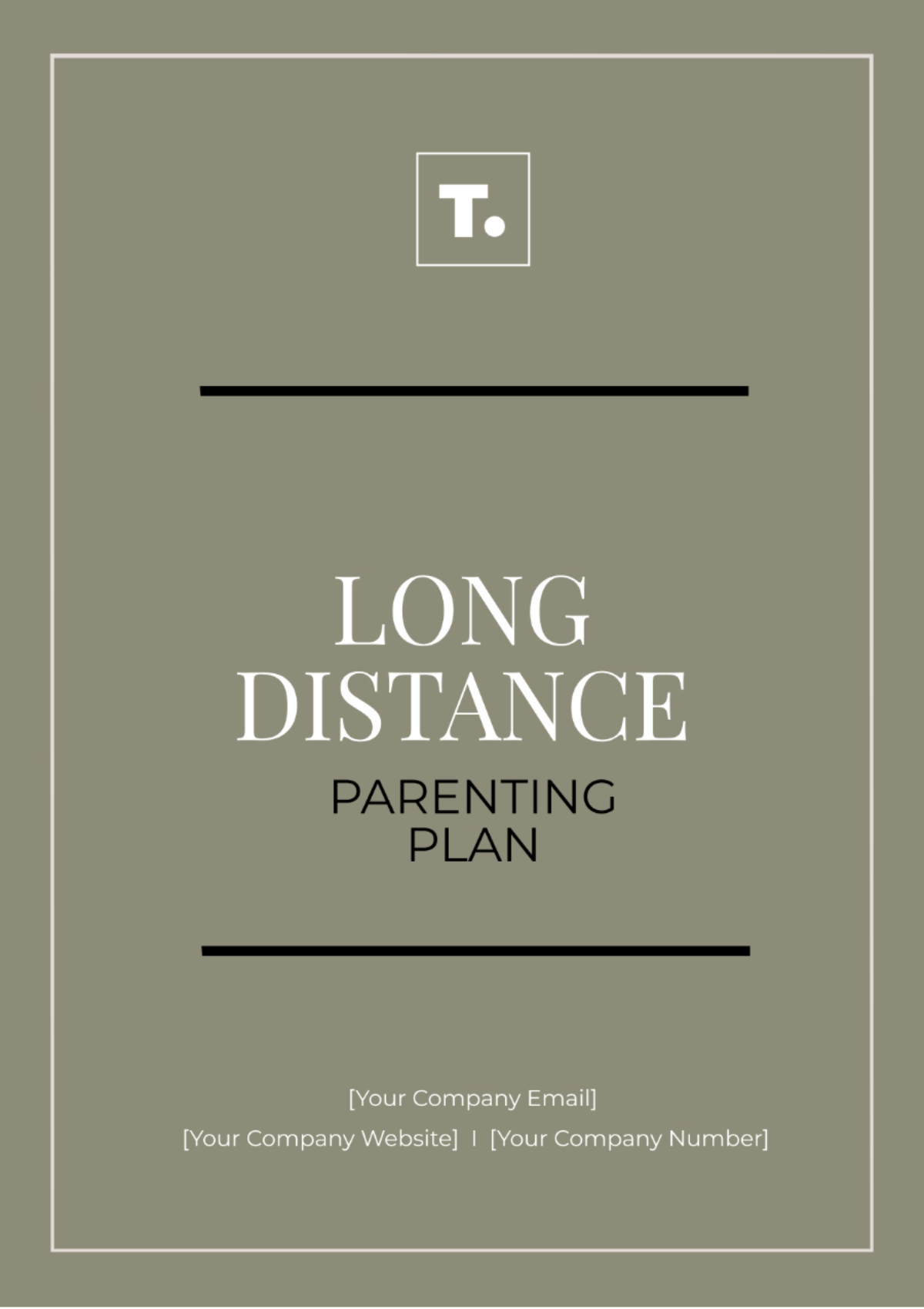Creating a parenting plan is crucial for divorced or separated parents to ensure that both parties are clear on their responsibilities and expectations. A well-thought-out parenting plan can help minimize conflicts and provide a stable and nurturing environment for children.
When creating a parenting plan, it’s important to consider the children’s best interests, the parents’ schedules, and the specific needs of the family. Having a template to guide you through this process can make it easier to cover all necessary aspects of a parenting plan.
Template for Parenting Plan:
1. Custody Arrangement: Outline the physical custody schedule, including where the children will reside during weekdays, weekends, holidays, and school breaks. Specify how decisions regarding the children will be made and how conflicts will be resolved.
2. Communication: Detail how the parents will communicate with each other regarding the children’s well-being, school events, medical appointments, and extracurricular activities. Include how often and through which means communication will occur.
3. Parenting Responsibilities: Define each parent’s responsibilities in terms of transportation, homework help, discipline, and financial support. Clarify how major decisions regarding the children’s education, healthcare, and religion will be made.
4. Financial Support: Specify how financial support for the children will be provided, including child support payments, healthcare expenses, and extracurricular costs. Outline how expenses will be shared and reimbursed between parents.
5. Dispute Resolution: Include a section on how disputes between parents will be resolved, whether through mediation, arbitration, or court intervention. Establish guidelines for handling disagreements in a respectful and constructive manner.
By following a template for a parenting plan, parents can ensure that all important aspects of co-parenting are addressed and that the plan is comprehensive and clear. It’s essential to revisit and revise the parenting plan as needed to accommodate changes in the family dynamic and the children’s needs.
In conclusion, having a structured template for a parenting plan can help divorced or separated parents navigate the complexities of co-parenting and ensure the well-being of their children. By addressing custody arrangements, communication, parenting responsibilities, financial support, and dispute resolution, parents can create a plan that fosters cooperation and stability for the whole family.
